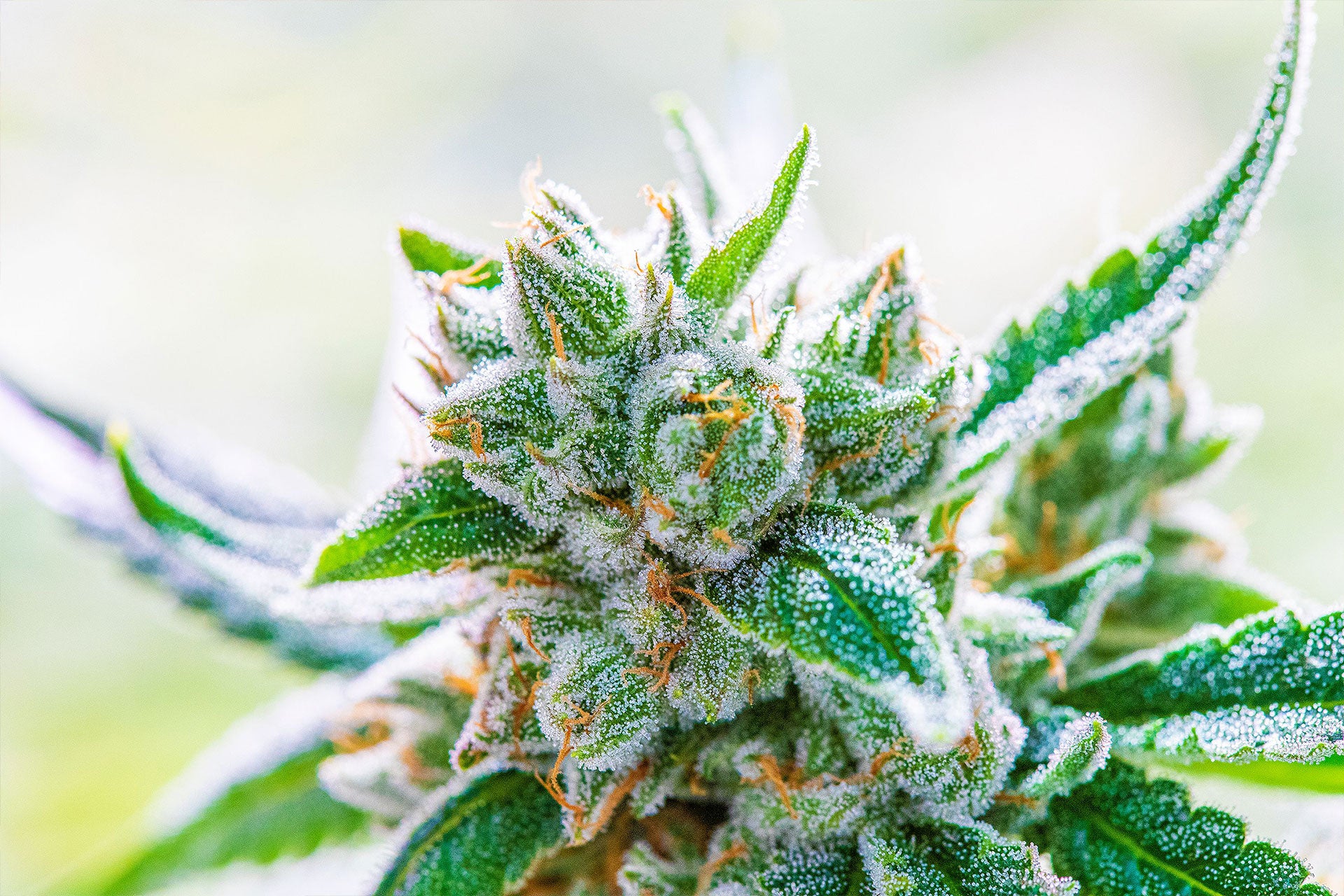
Understanding the Difference Between THCa and THC
Cannabis enthusiasts and wellness seekers alike often encounter terms like THCa and THC, yet many find themselves wondering what sets these compounds apart. Both are integral to the cannabis plant’s chemistry, but their effects and applications can differ significantly. In this post, we’ll delve into the distinctions between THCa and THC, exploring their unique properties, benefits, and how they impact your cannabis experience.
What is THCa?
THCa, or tetrahydrocannabinolic acid, is a non-psychoactive compound found in raw cannabis. It is the acidic precursor to THC, meaning that it transforms into THC through a process called decarboxylation. This transformation typically occurs when cannabis is heated, such as during smoking, vaporizing, or cooking.
THCa is renowned for its potential wellness benefits without producing the euphoric "high" associated with THC. It is commonly found in raw or minimally processed cannabis products like fresh flower, tinctures, or capsules.
What is THC?
THC, or tetrahydrocannabinol, is the most well-known cannabinoid in cannabis and is primarily responsible for the plant's psychoactive effects. It forms from THCa when exposed to heat, which triggers the decarboxylation process. THC interacts with the endocannabinoid system in the brain, binding to CB1 receptors and producing the characteristic "high" that many users seek.
Beyond its psychoactive effects, THC also has potential wellness uses. It has been shown to soothe the body, stimulate hunger, and relax the mind, making it beneficial for various therapeutic purposes. THC is commonly found in a wide range of cannabis products, including flower, edibles, oils, and concentrates.
Key Differences Between THCa and THC
-
Psychoactivity: The primary difference between THCa and THC is their psychoactive effects. THCa does not produce a high, whereas THC is well-known for its psychoactive properties. This distinction makes THCa a popular choice for those seeking the therapeutic benefits of cannabis without the mental effects.
-
Activation: THCa requires heat to convert into THC. This decarboxylation process happens during smoking or cooking, whereas THCa remains in its acidic form in raw or unheated cannabis products.
-
Product Forms: THCa is predominantly found in raw cannabis or products that have not been heated. In contrast, THC is prevalent in a wide variety of cannabis products, including those that have undergone heating processes.
Choosing the Right Compound for Your Needs
The choice between THCa and THC largely depends on your personal goals and preferences. If you’re interested in the wellness benefits of cannabis without the psychoactive effects, THCa-rich products might be ideal. For those seeking the classic cannabis experience with a psychoactive component, THC-containing products are likely more suitable.
In conclusion, understanding the differences between THCa and THC can help you make informed choices about your cannabis consumption. Whether you’re exploring wellness options or seeking specific effects, knowing how these compounds function and their potential benefits can enhance your cannabis experience.